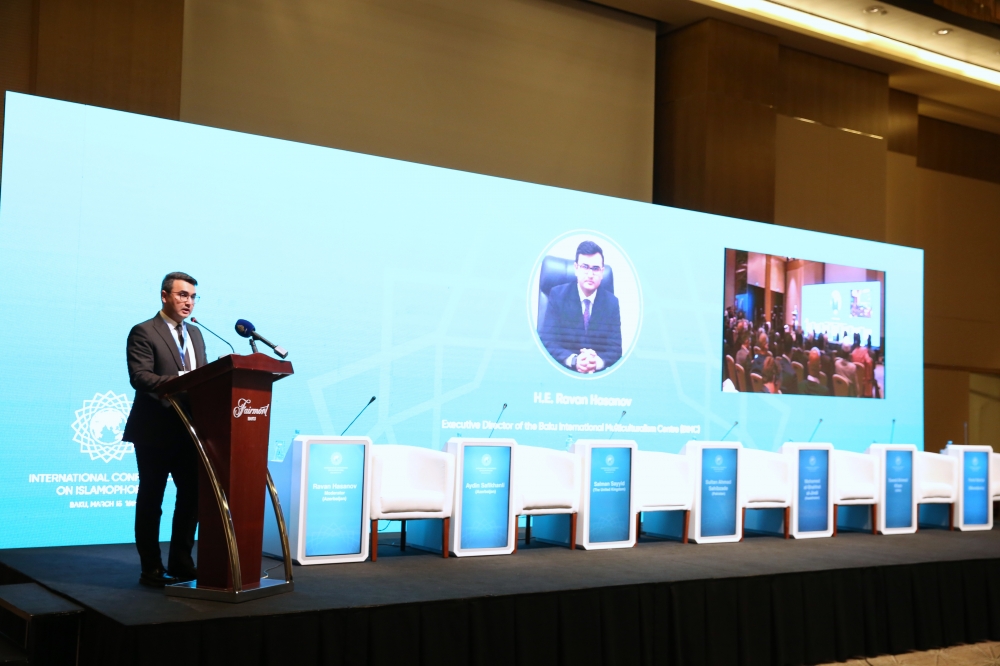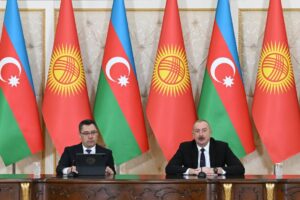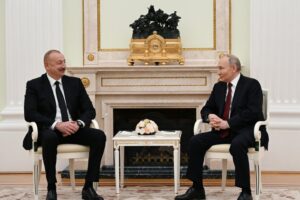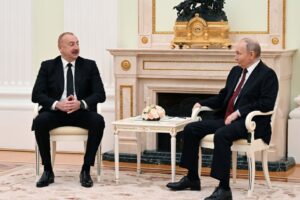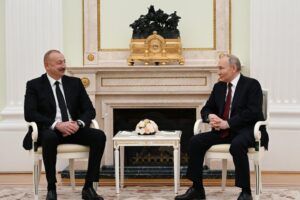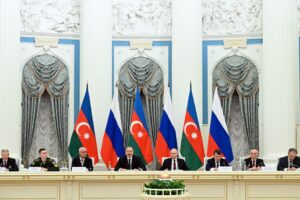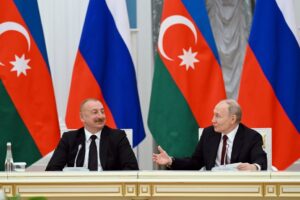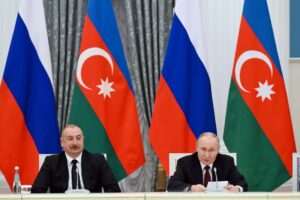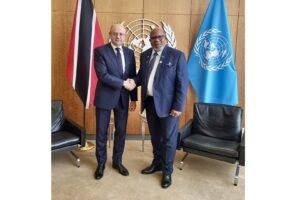Tokyo, 15 March, /AJMEDIA/
An international conference themed “Islamophobia as a specific form of racism and discrimination: New Global and transnational challenges” has kicked off in capital Baku to mark the 1st anniversary of the UN designating March 15 as the International Day of Combating Islamophobia.
Co-organized by the Baku International Multiculturalism Center (BIMC), the Center of Analysis of International Relations (AIR Center) and the G20 Interfaith Forum, the main purpose of the conference is to create an academic discussion platform on alarming trends targeting Muslims and Muslim-populated countries at international and national levels.
The conference, which brought together scientists, experts of international organizations, religious figures and representatives of non-governmental organizations from a number of countries, will feature discussions on different approaches in the fight against Islamophobia, manifestation of Islamophobia in some European countries and Islamophobia in the international media.
Conference sessions will feature the themes: “The importance of an intersectional approach in combating Islamophobia and new perspectives”, “Islamophobia: European and national legislation”, “Islamophobia in France”, “Conspirology theories about Muslims in Western cultures”, “Colonialism, new imperialism and Islamophobia”, “Islamophobia and hatred in the media”, “Joint cooperation and the role of international organizations in the fight against Islamophobia”, “Building harmonious societies by promoting religious diversity and inter-religious respect”.
Islamophobia is a fear, prejudice and hatred of Muslims that leads to provocation, hostility and intolerance by means of threatening, harassment, abuse, incitement and intimidation of Muslims and non-Muslims, both in the online and offline world. Motivated by institutional, ideological, political and religious hostility that transcends into structural and cultural racism, it targets the symbols and markers of being a Muslim.
Many Governments have taken steps to combat Islamophobia by establishing anti-hate-crime legislation and measures to prevent and prosecute hate crimes and by conducting public awareness campaigns about Muslims and Islam designed to dispel negative myths and misconceptions.
The United Nations General Assembly adopted a resolution sponsored by 60 Member-States of the Organization of Islamic Cooperation (OIC), which designated 15 March as the International Day to Combat Islamophobia. The document stresses that terrorism and violent extremism cannot and should not be associated with any religion, nationality, civilization, or ethnic group. It calls for a global dialogue on the promotion of a culture of tolerance and peace, based on respect for human rights and for the diversity of religions and belief.

